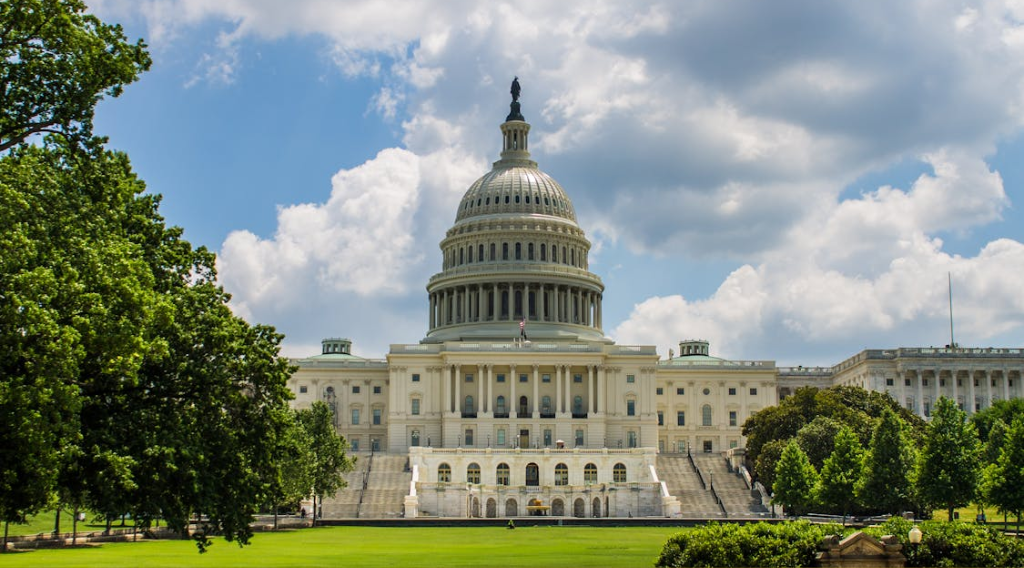
The Great Plains Institute staffs the State CO2-EOR Deployment Work Group on behalf of Wyoming Governor Matt Mead and Montana Governor Steve Bullock.
The following is a statement by Jerimiah L. Rieman, Director of Economic Diversification Strategy and Initiatives, Office of Governor Matthew H. Mead, regarding Federal land infrastructure challenges provided to the U.S. Senate Committee on Energy and Natural Resources on Tuesday, March 21, 2017.
Chairman Murkowski and Ranking Member Cantwell, thank you for holding today’s hearing to examine opportunities to improve and expand infrastructure important to federal lands, recreation, water and resources. I appreciate the opportunity to submit testimony on carbon capture and carbon dioxide pipeline infrastructure for enhanced oil recovery (CO2‐EOR) on behalf of Wyoming and the State CO2‐EOR Deployment Work Group.
The State CO2‐EOR Deployment Work Group brings together officials from 14 oil and gas‐producing states with industry and other experts to make federal and state policy recommendations and support the deployment of carbon capture and EOR. Governor Mead is the co‐chair of the initiative with Governor Steve Bullock of Montana.
Together with the National Enhanced Oil Recovery Initiative (NEORI) of industry, labor and environmental interests, states in the Work Group have called for federal legislation to provide financial incentives for carbon capture projects, not just for the energy sector of our economy, but for industrial facilities as well. I would like to thank Senator Barrasso for his leadership on this issue and acknowledge the support of other committee members as well, including Chairman Murkowski, Senator Portman, Senator Duckworth, and Senator Franken, all of whom were cosponsors of legislation in the last Congress and hopefully will be working with us again this year to shepherd a bill through as part of comprehensive tax reform.
In addition to its recommendations for federal carbon capture incentives legislation, the Work Group released a white paper last month encouraging the federal government to take a strong leadership role in supporting the development of CO2 pipeline infrastructure. In particular, the Work Group recommends supplementing private capital with federal financing for priority trunk pipelines to transport CO2 from industrial facilities and power plants to oilfields for enhanced oil recovery with safe and permanent geologic storage.
Both Governors Mead and Bullock have been monitoring the discussions on infrastructure thus far this year. There has not been any mention of the need for CO2 pipelines. I ask members of this Committee to review the recommendations of the Work Group and consider another hearing on infrastructure to look more broadly at the need for expanding CO2 pipelines and opportunities for a federal role to foster that deployment.
The development of regional and national CO2 pipeline networks, together with proposed tax credits and other financial incentives for industrial and power plant carbon capture, can support long‐term production and use of America’s abundant and affordable coal, oil and natural gas resources, put our nation further down the path of replacing imported oil, and create high‐paying jobs in energy‐producing and industrial states and regions of the country, all while significantly reducing net carbon emissions.
The Work Group’s white paper is included for the Committee’s review and for inclusion in the hearing record. Thank you for your interest in this important issue. I stand ready to respond to any questions you might have about the Work Group’s recommendations and to provide additional information regarding the need for CO2 pipeline infrastructure. I look forward to working with you on a comprehensive national infrastructure agenda this year.


